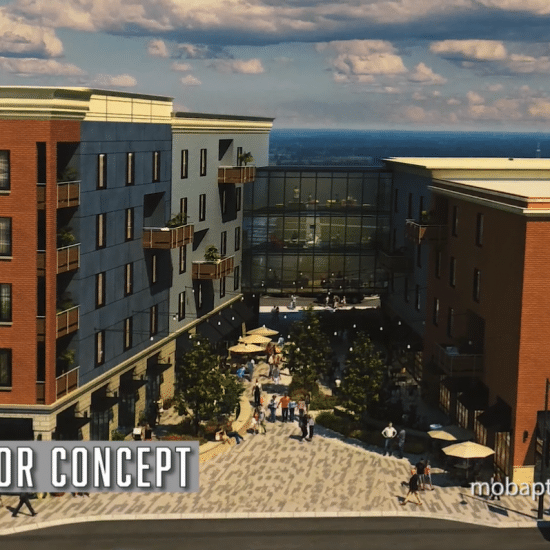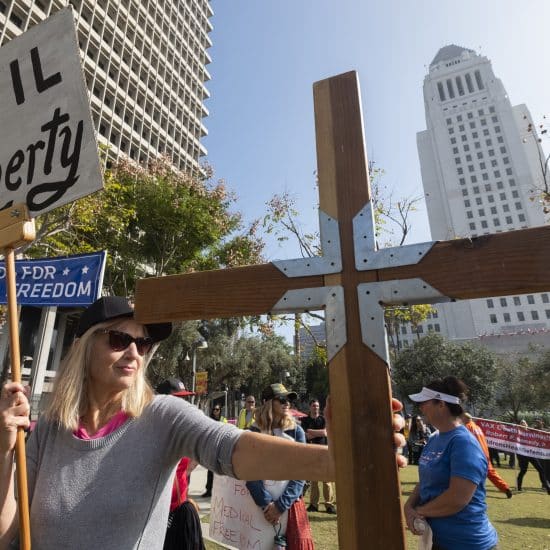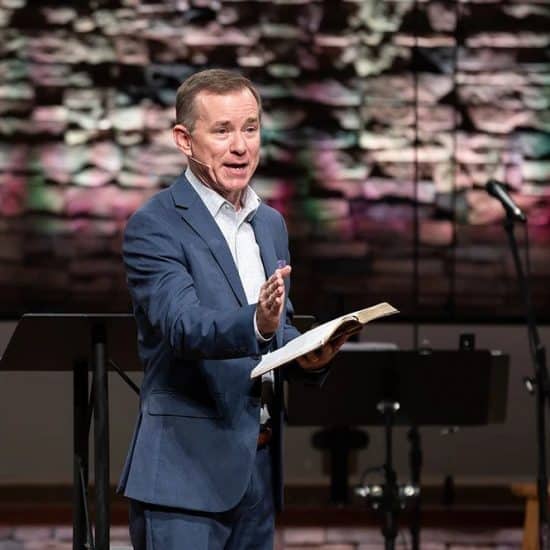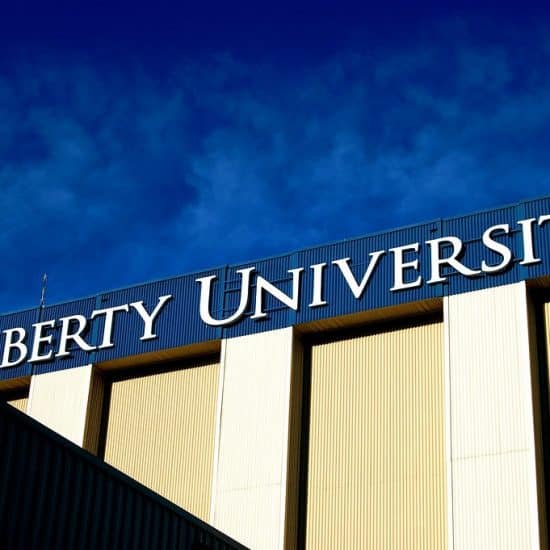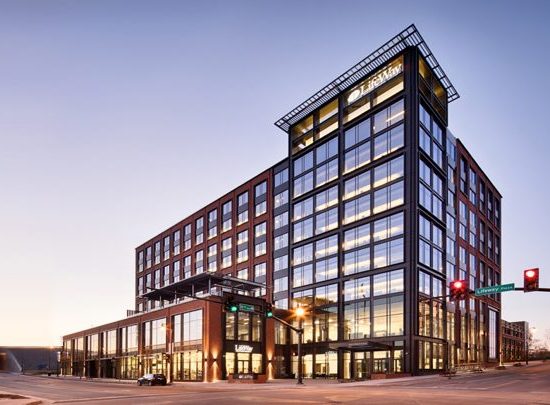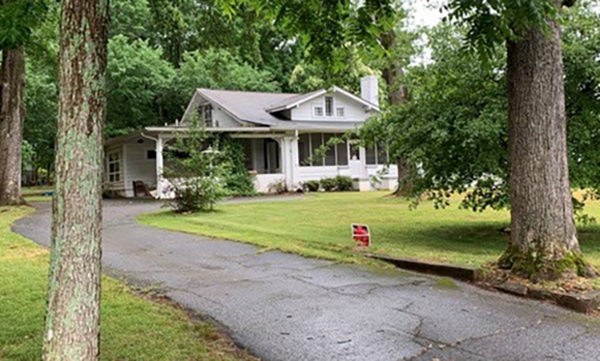
CLARKSTON, Ga. (BP) — A couple of old, uninhabitable farmhouses from the 1900s are in the spotlight of a lawsuit between the North American Mission Board and the City of Clarkston.
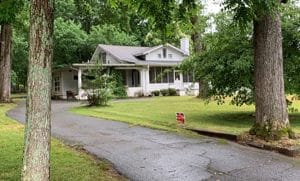
A couple of old, farmhouses from the 1900s have emerged as the legal battleground between the North American Mission Board and the City of Clarkston, Ga. Photo submitted.
NAMB says the city is slow walking a demolition permit that would allow the Southern Baptist entity to continue the expansion of the historic Clarkston International Bible Church. In an attempt to put the issue to rest, NAMB filed a lawsuit last week in the Superior Court of DeKalb County, an Atlanta suburb.
The legal challenge accuses the city of waffling on the approval to demolish the aging structures on land which the church purchased last year from their owners. The purchase is part of NAMB’s long-term plans to boost the church’s ministry presence with a nearly complete rebuild of its facilities.
NAMB bought the multicultural congregation’s property May of 2018 in a partnership that would replace its aging buildings — one which was being held together with massive bolts to keep the walls from separating. The church became the first of NAMB’s newly rebranded ministry outlets, known as Send Relief, which serve as training centers to equip volunteers from around the nation in a variety of settings. The Clarkston center focuses on multicultural ministry and its six ethnic congregations.
The $10.7 million Clarkston International complex, now undergoing construction on land with approved permits, will spread across four blocks and include missionary housing, education space for volunteer training, a gym, neighborhood playground, and parking which has been in short supply.
NAMB President Kevin Ezell told Baptist Press on Monday (Aug. 5) that according to the lawsuit, the entity filed the demolition permits on April 26 for the “generic houses that are vacant and uninhabitable.”
And that is when opposition reportedly arose.
“Four days later, on April 30, 2019,” the lawsuit continues, “the Clarkston City Council adopted a resolution imposing a moratorium that prohibited any demolition applications from being accepted or processed.”
The lawsuit contends that the applications should be processed because they were accepted before the moratorium and that the city is required to issue the demolition permits.
Another challenge emerged when the opposing group fought to have the area designated as a historic district, and then retroactively grandfathered those farmhouses into the district before the permits could be approved.
Ezell said the move hinders the congregation from enlarging its ministry and providing more resources to the refugees and immigrants.
“NAMB has the right to own property, but a decision to retroactively designate an area as a historic district could be used to prevent any church in the nation from expanding its ministry,” Ezell said. “We are challenging this decision not just for Clarkston International, but for churches everywhere who could face their ministries being curtailed.”
Last year in an interview with The Christian Index, Clarkston Mayor Ted Terry affirmed the church and its longstanding commitment to help resettle refugees and its programs to help them assimilate into American culture.
In another Index story, Send Relief President David Melber said the new and improved ministry at Clarkston International will focus on the entire community, not just immigrants. But with nearly half of the city’s 13,000 residents reportedly being refugees or immigrants, they would remain an important part of the outreach.
Melber cited the annual back-to-school block party on Aug. 3 where 2,100 backpacks were distributed, as well as services offered such as a free medical clinic and education about community programs such as job training and government services.
In addition, 25,000 school supplies were distributed, 1,500 Bibles were available for the asking, 91 health screenings were provided, and 540 pairs of shoes and 70 prescription pairs of reading glasses were distributed. Nearly 3,500 adults and children attended the popular event.

